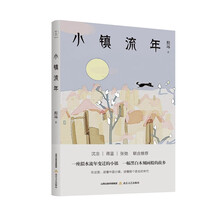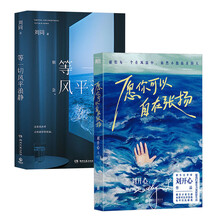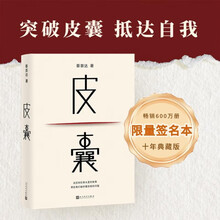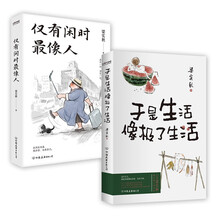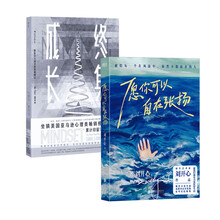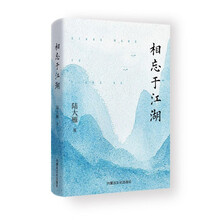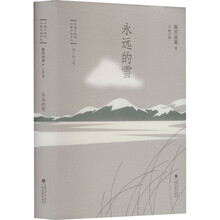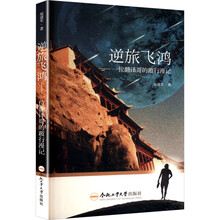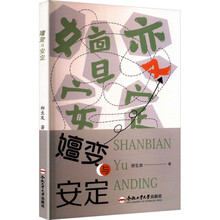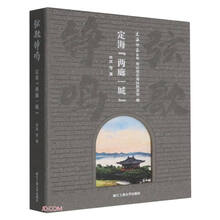China,and indeed the world, has changed very rapidly in recent decades. Our world faces more uncertainty ahead, with potential international crises and the threat of war. The world needs to better understand the inner workings and com-plexities of China. It is my hope that this book, as translated into English, can share my experiences and offer insider insight into China's complex recent history from a writer who has seen the wider world and can contribute to the crucial process of greater mutual understanding.
展开

